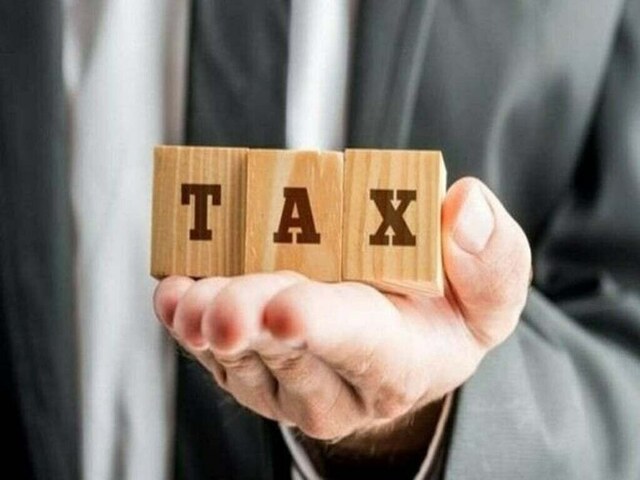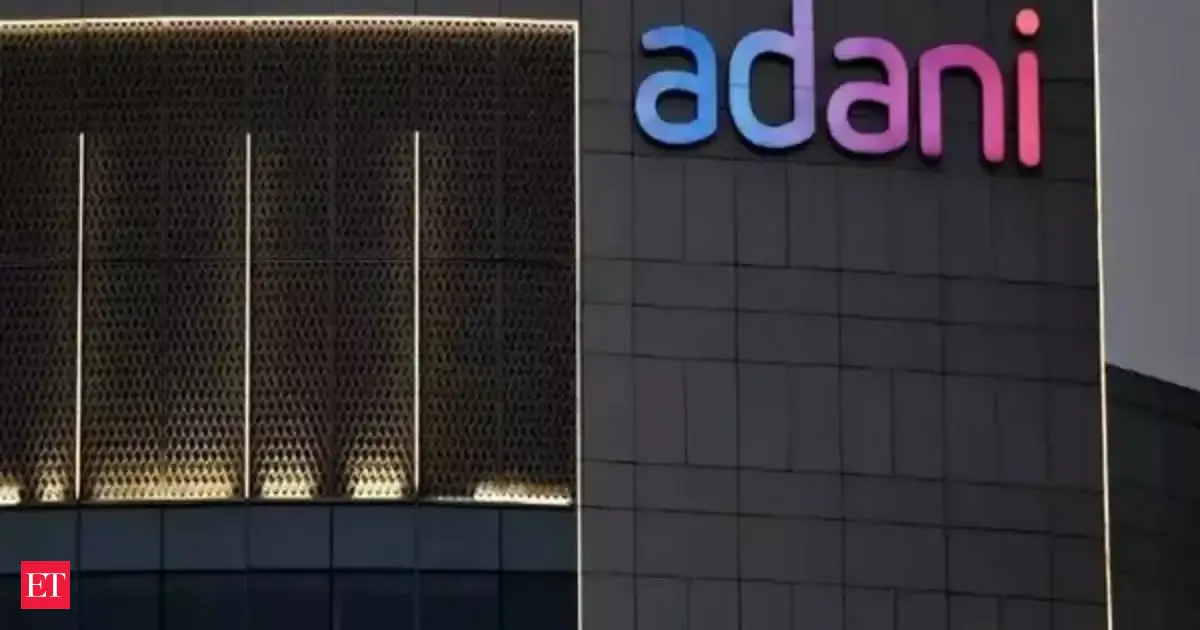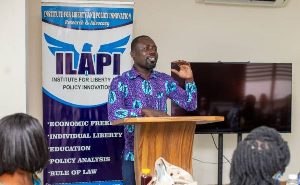By Terence J Sigamony
Copyright brecorder

ISLAMABAD: The Federal Board of Revenue (FBR) counsel urged the Supreme Court to set aside what she termed “judicial overreach” by the Islamabad High Court (IHC), which has “re-written fiscal policy under the guise of interpretation.”
A five-judge larger Constitutional Bench of the Supreme Court, headed by Justice Amin-ud-Din Khan, on Monday heard the appeals of Federal Board of Revenue and the industries against the judgments of Sindh, Lahore and Islamabad High Courts regarding levy of Super Tax under Section 4C.
Asma Hamid, the FBR’s lead counsel, completed her arguments. After that the bench asked Hafiz Ehsaan Ahmad Khokhar, who is also representing FBR, to make his submission.
Khokhar in defence of Sections 4B and 4C of the Income Tax Ordinance, 2001 argued in detail. He highlighted the Islamabad High Court’s judgment for “crossing the boundary of interpretation and entering the realm of legislation,” by carving out categories of income and altering rates, which were never contemplated by the Parliament. He stressed that “reading down” is a doctrine to save a statute, not to dismantle it.
He submitted that fiscal policy is the exclusive domain of Parliament under Articles 70–73 of the Constitution, and urged the bench to restore the full force of Sections 4B and 4C, reaffirm Parliament’s exclusive competence in fiscal matters, and hold that judicial review is confined to testing constitutionality — not recalibrating tax policy, rates, or thresholds.
Khokhar contended that the Parliament enjoys exclusive authority to levy tax on income (other than agricultural income) under Article 77 read with Entry 47. Sections 4B and 4C were duly enacted through Finance Acts as Money Bills under Article 73(2)(a) and therefore carry a strong presumption of constitutionality.
“Sections 4B (rehabilitation levy) and 4C (progressive super tax) are distinct, self-contained fiscal imposts designed to serve extraordinary public purposes. Each operates “in addition to” normal income tax and cannot be struck down absent a clear constitutional transgression,” he added.
Khokhar relying on Fecto Belarus (2005 SCMR 605) and Freight Forwarders (2016 SCMR 2146), submitted that Parliament is constitutionally competent to impose or enhance tax liability retrospectively until the tax year closes and liability crystallises, as no taxpayer has a vested right in a particular rate prior to assessment.
The super tax is not a second charge on the same income but an additional fiscal obligation through an independent charging mechanism — a practice expressly upheld in Elahi Cotton Mills (PLD 1997 SC 582) as constitutionally permissible.
He stated that the treatment of banking companies and progressive slabs for other taxpayers meet the constitutional test of intelligible differentia and rational nexus. Fiscal classification, Khokhar argued, enjoys wide legislative latitude and cannot be interfered with unless palpably arbitrary or devoid of purpose.
Earlier, the bench questioned the imposition of a super tax on provident funds, saying whether such a levy is justified when income tax itself is exempt. Justice Muhammad Ali Mazhar cited Section 53 of the Income Tax Ordinance, 2001, which provides exemptions, and asked if a trust fund could be treated as private property.
Justice Hasan Azhar Rizvi remarked that repeated super tax deductions could erode retirement benefits over time, observing that an initial levy could grow significantly and reduce employees’ expected payouts.
Asma explained that there were 4-5 funds that had approached the Islamabad High Court for relief from the imposition of Super Tax in tax year 2022. She submitted that though the income of these funds was otherwise liable to tax, however, they were granted exemption from tax by placing them in Part I of the Second Schedule read with Section 53(1)(a) of the Ordinance, to the limited extent that in case the specific benevolent funds in question demonstrated their exemption, the charge of Super Tax would not be applicable on them to that limited extent, subject to any other conditions of the Second Schedule.
Regarding the petroleum industry, Asma submitted that the IHC erred in finding that Super Tax under Section 4C read with the Fifth Schedule of the Ordinance 2001 will not be charged on the petroleum & exploration sector.
She explained that the Super Tax under Section 4C was imposed on the petroleum & exploration companies through insertion of Rule 4AB in the Fifth Schedule. She contended that there was no finding of the High Court that found Rule 4AB in the Fifth Schedule to be ultra vires.
Justice Mazhar inquired how the High Court could hold that Super Tax under Section 4C will not apply to petroleum & exploration companies. Asma told that the High Court proceeded in an arbitrary manner.
She stated that the Petroleum Concession Agreements (PCAs) of each petroleum & exploration company is different. Each one will need to be examined to determine if it contains a cap and whether that cap pertains to income tax alone or whether it includes Super Tax too. The Super Tax will be chargeable separately through Rule 4AB of the Fifth Schedule to the Ordinance, she added.
Asma stated that some PCAs signed under the Income Tax Act, 1922, some under the ITO, 1979 and others under the ITO 2001 cannot be dealt with identically, as the PCAs themselves state that in case of inconsistency in taxation matters it is the tax Ordinance that will prevail over all other relevant laws.
Asma, in respect of TY 2023, submitted that in light of the Islamabad High Court’s finding for TY 2022 as related to the imposition of Section 4C Super Tax, taxpayers from all over Pakistan approached the IHC for TY 2023 to get identical relief. She submitted that the IHC allowed all petitions for TY 2023 in the same terms as its earlier judgment in TY 2022.
She stated that the only material change in TY 2023 was related to rates of Super Tax and not the main Section 4C itself. Therefore, how was the same interpretation possible without a thorough analysis of its application to TY 2023 which was not possible in constitutional jurisdiction of the high court.
Justice Amin inquired whether the banking companies challenged Section 4C in TY 2022 to which Hamid replied in the negative and submitted that this amounted to acquiescence on their part. She stated that banking companies knew one year in advance that the rate of super tax in TY 2023 was 10%.
Asma submitted that the sovereign power of the legislature was not confined to any number of previous tax years, adding it could enact a law to be applicable on.
Copyright Business Recorder, 2025



